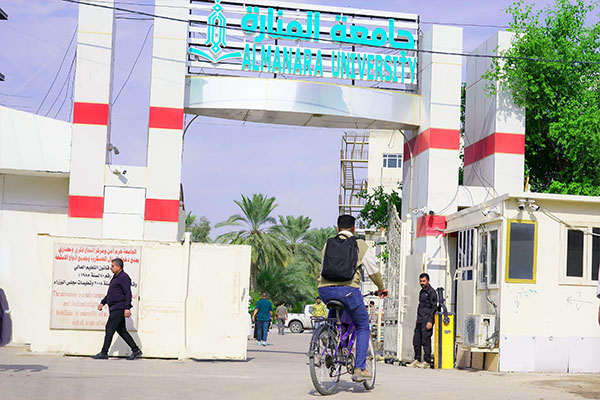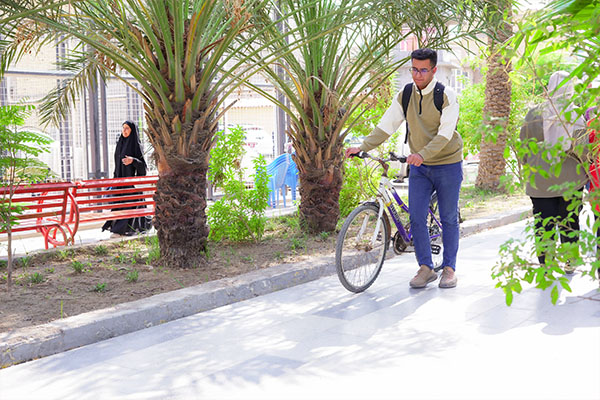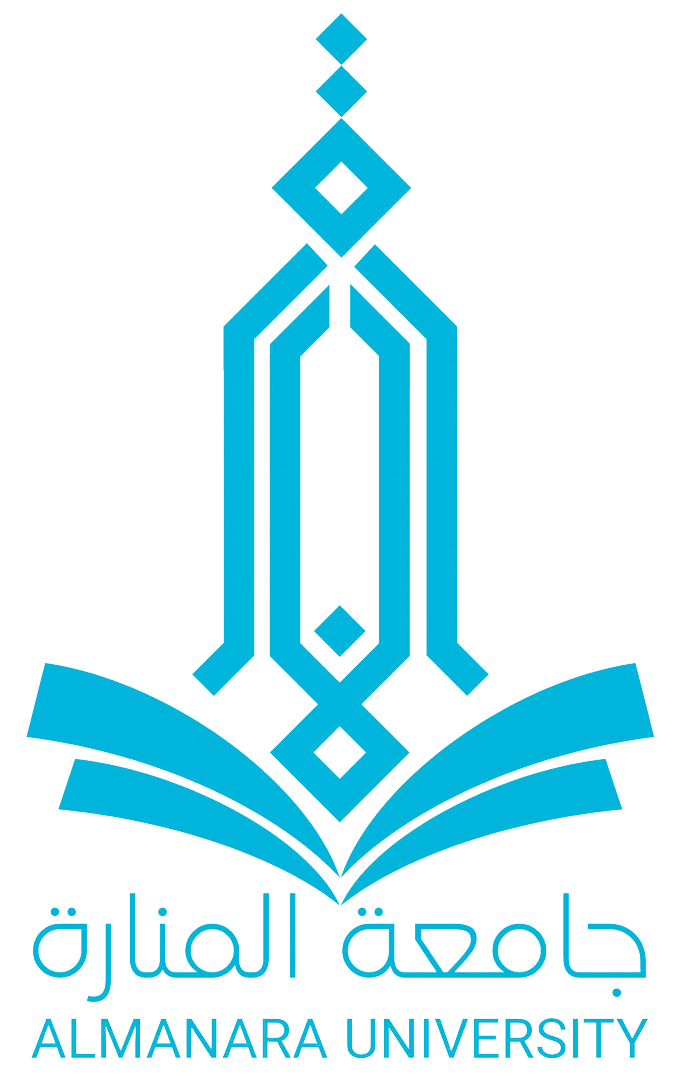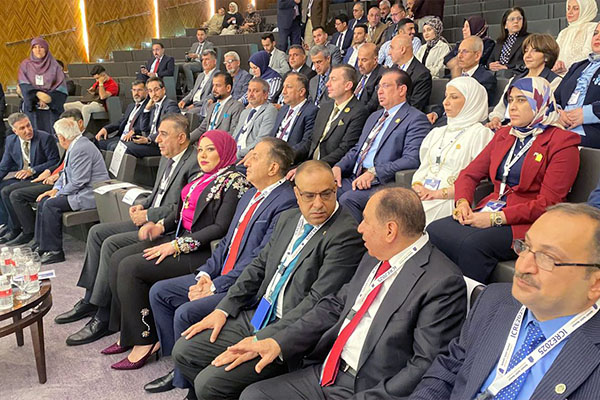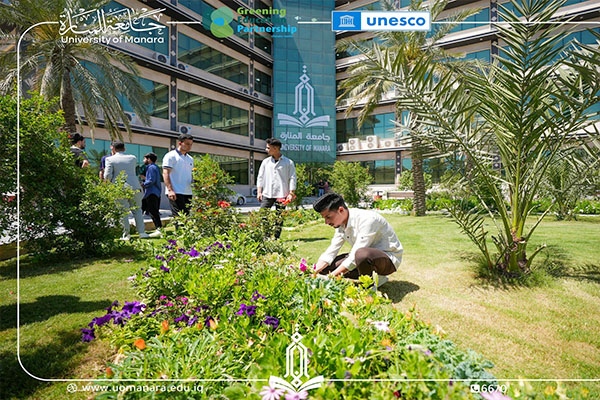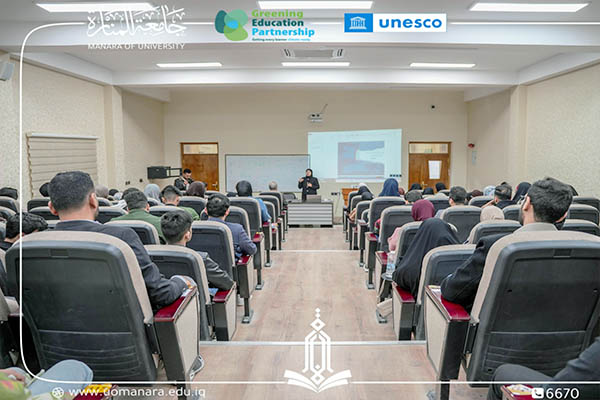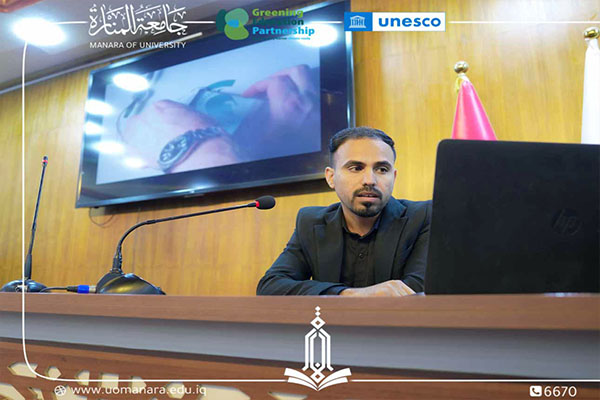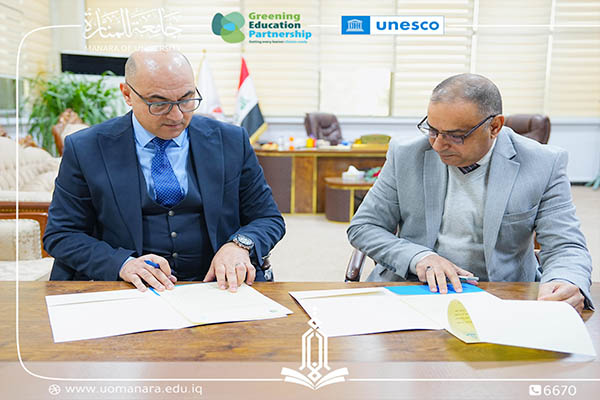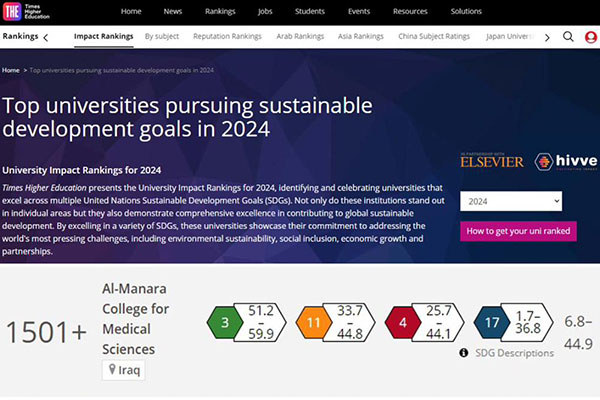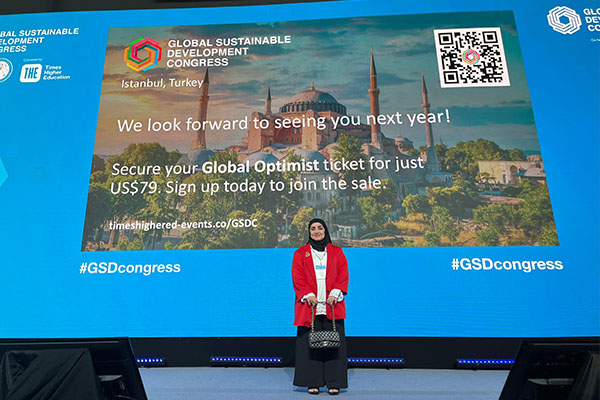Importance of sustainable development for Al-Manara University
Over the past dozens of years, we have witnessed increased international attention in incorporating the concept of sustainability in education, in order to build a future generation capable of dealing with sustainable development. We live in a rapidly changing and highly competitive time. This highlights the importance of education and the restructuring of its curricula, in order to be consistent with societal needs and compatible with the region’s technical and media variables.
Undoubtedly, the foundation of attention to sustainable development is the fundamental objective of the next phase. This goal must begin with attention to education at all stages and pillars, especially those involved, including teachers, workers, learning tools and others, with a view to enhancing citizens’ value and sowing interest and loyalty to Bahrain and its future.
One of the key strategic objectives of sustainability is to focus on future generations’ lives and quality of life and thus create a society capable of understanding and working to protect our natural sources, where the sustainability requirements applied require educating young generations in a way that enables them to exercise a leadership role to pursue a sustainability strategy. Education for sustainable development needs a clear local strategy and is part of the global network that helps achieve this goal. in which many countries in the world have integrated sustainability into their education systems, There are large numbers of experiences that can be used to improve education’s potential to create a young generation ready to build high sustainability capabilities and support a culture of local sustainability. Sustainable development has shifted the focus of economic policy from economic growth — represented by GDP growth — to development in its broad sense, which takes into account the conservation of natural resources and the environment, where sustainable development aims to achieve social justice, not within one generation, but between successive generations.
Sustainable development “is not a low standard of well-being over time”, in the sense that any pattern of development that is concerned with improving the current standard of well-being of individuals at the expense of their future well-being is unsustainable.
Sustainable development aims to maximize the net benefit of economic development, taking into account the preservation over time of the quality and level of environmental resources and services.
The right to education for both sexes is one of the Millennium Development Goals, and the United Nations Development Programme’s Human Development Report emphasizes that sustainable development cannot be reduced to the economic and political dimensions, but must also take into account the cultural, social, ecological, human and spiritual dimensions, making the role of education even more crucial.
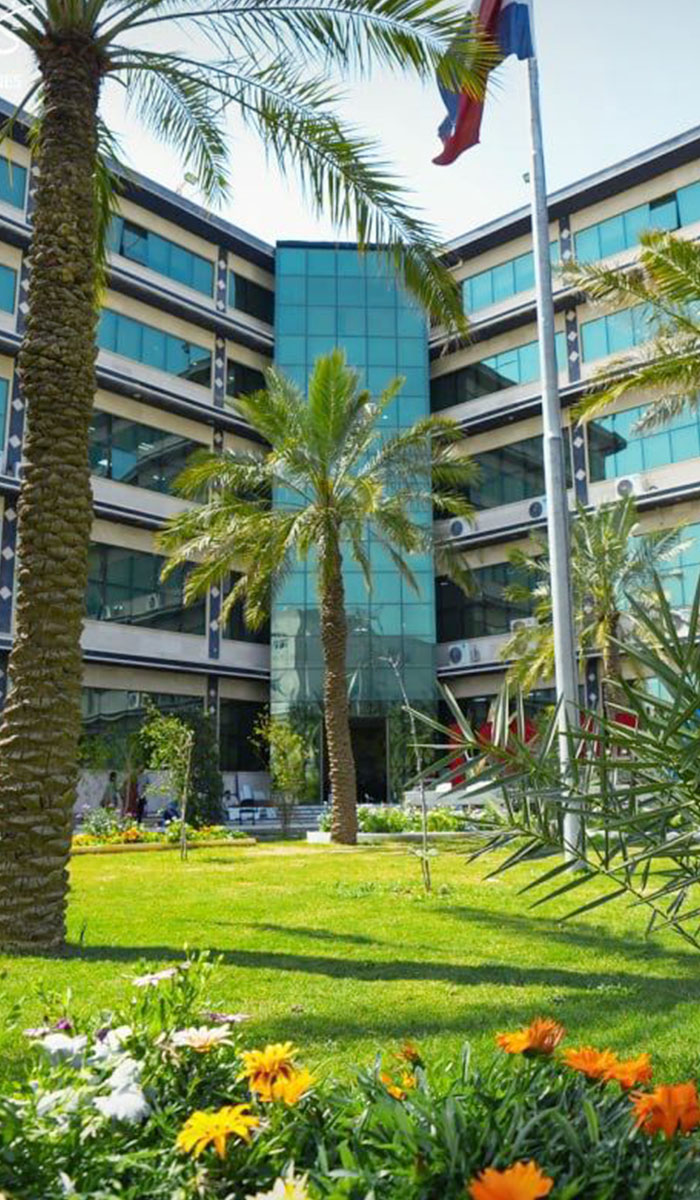
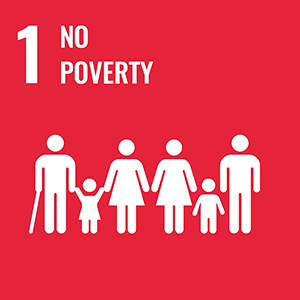
SDG 1
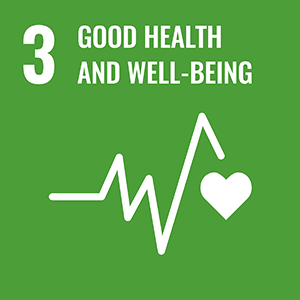
SDG 3
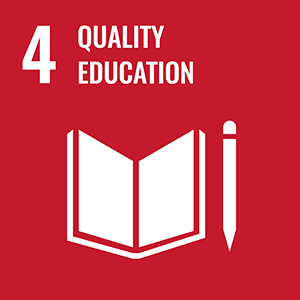
SDG 4
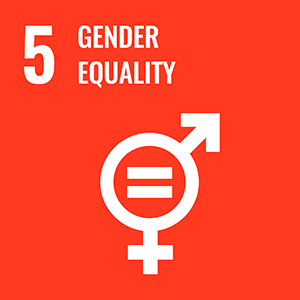
SDG 5
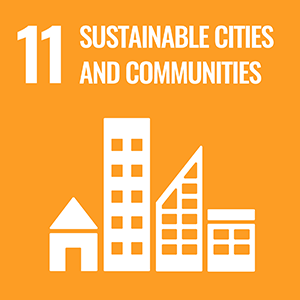
SDG 11
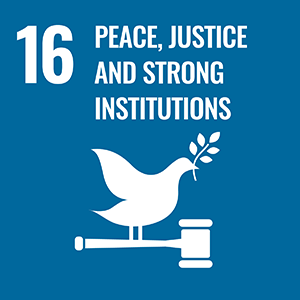
SDG 16
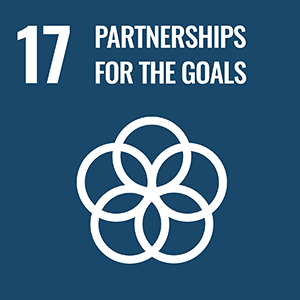
SDG 17
Steps that can be applied to protect the environment
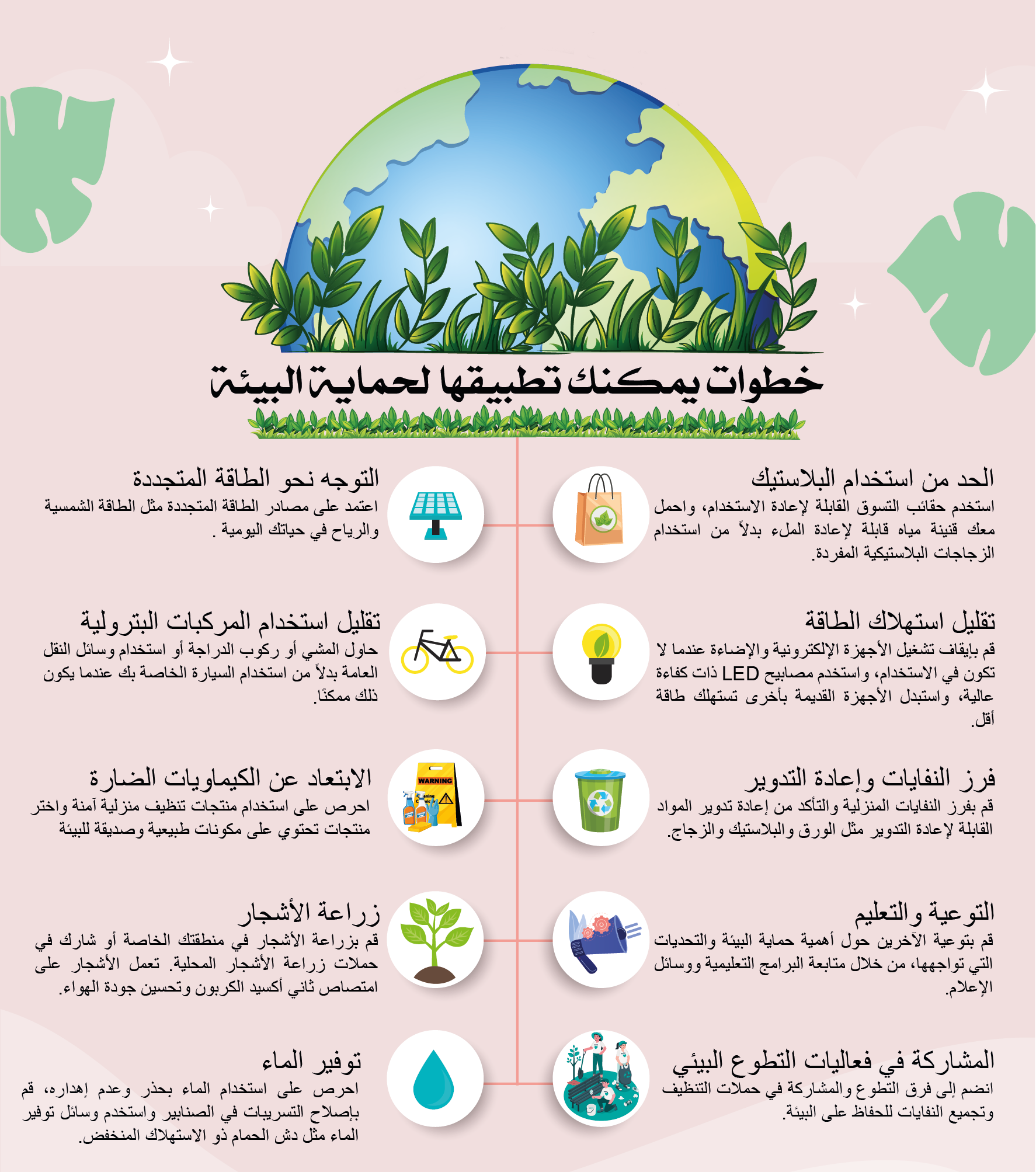
Reducing plastic use: Use reusable shopping bags, carry with you a refillable water bottle instead of using single plastic bottles.
Reduce energy consumption: Turn off electronic appliances and lighting when not in use, use high efficiency LEDs, replace older appliances with less energy consuming ones.
Waste sorting and recycling: Sort household waste and make sure recyclable materials such as paper, plastic and glass are recycled.
Awareness and education: sensitize others on the importance of environmental protection and challenges, through follow-up to educational programmes and the media.
Participation in environmental volunteering events: Join volunteer teams and participate in cleaning and waste collection campaigns to preserve the environment.
Orientation towards renewable energy: Rely on renewable energy sources such as solar energy and wind in your daily life.
Reduce the use of petroleum vehicles: Try walking, cycling or using public transport instead of using your car when possible.
Stay away from harmful chemicals: take care to use safe home cleaning products and choose products containing natural and environmentally friendly ingredients
Tree planting: Plant trees in your own area or participate in local tree planting campaigns. Trees absorb carbon dioxide and improve air quality.
Water Saving: Carefully use water and do not waste it, fix leaks in taps and use water saving methods such as low consumption bathroom shower.
Benefits of using a bicycle
Benefits of Cycling
Reducing Environmental Pollution: Bicycles are an eco-friendly mode of transportation, producing no harmful emissions, which helps reduce air pollution and mitigate global warming.
Improving Physical Fitness: Cycling enhances heart strength, increases lung capacity, and improves overall fitness.
Weight Loss: Regular cycling helps burn calories and fat, contributing to maintaining a healthy weight.
Reducing Stress and Improving Mental Health: Physical activities like cycling stimulate the release of hormones responsible for happiness and relaxation.
Saving Money: Using a bicycle reduces costs associated with fuel and maintenance compared to a car.
Strengthening Muscles and Joints: Cycling strengthens leg muscles and knees while improving joint flexibility.
Easier Mobility in Traffic: Bicycles allow you to bypass traffic congestion easily, saving time when commuting within cities.
Boosting Immunity: Exercise, including cycling, strengthens the immune system and enhances the body’s resistance to diseases.
Regulating Blood Circulation: Cycling improves circulation and blood flow, reducing the risk of heart and vascular diseases.
Enhancing Focus and Attention: Cycling requires concentration and awareness, helping improve focus skills and mental alertness.
